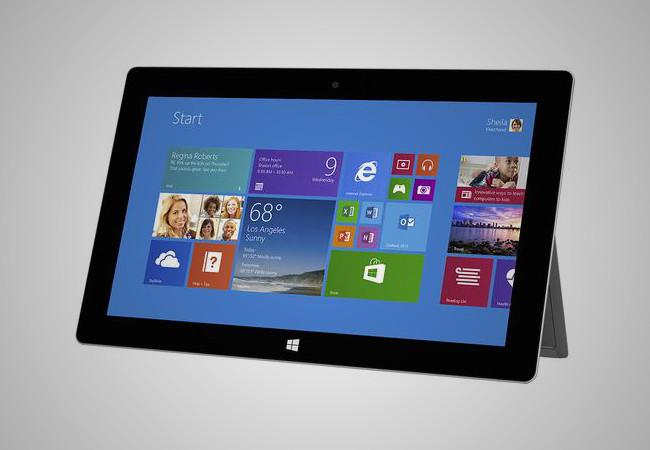
Sales of the Pro 3 and more wallet-friendly Surface 2 scored the company $1.1 billion in tablet-related revenue, marking the first time for Microsoft to pass a billion dollars in slate sales for any given quarter. However, the company noted that it was the more expensive Pro 3 device which generated the most income, though it declined to break down the figures.
With the success of the Pro 3 in mind, you might not be surprised to learn that the computer giant has said it’s now stopped manufacturing the Surface 2, preferring instead to throw its weight behind the better-performing version.
Microsoft confirmed to Business Insider its decision to ditch the Surface 2, which launched in 2013. The device succeeded the Surface RT, a tablet that never sold well and consequently ended up costing the Redmond-based company $900 million in write-down charges.
Both the Surface RT and Surface 2 run on Windows RT, Microsoft’s much-maligned, stripped-down version of its full Windows OS. The company recently confirmed it’s working on a Windows 10 update for RT devices, so despite ending production of the Surface 2, support remains for the time being. But the news that the tablet is being retired certainly nudges Windows RT closer to the exit door, with Microsoft finally shifting its focus solely to products running Windows 10, an OS designed for all devices from phones and tablets to laptops and desktops.
The Surface 2 is still showing in Microsoft’s online store, but the $449 32GB version and $549 64GB model are both listed as ‘out of stock.’ The only available version is the 64GB/4G LTE edition for $679.
Editors' Recommendations
- How to take a screenshot using a Microsoft Surface
- Is the MacBook Pro 14 still better than the Surface Laptop Studio 2?
- Should you buy the Surface Laptop Studio or wait for the Surface Laptop Studio 2?
- Can you use the Surface Pen with the Surface Laptop Studio 2?
- Microsoft September 2023 event: Copilot, Surface Laptop Studio 2, and more


